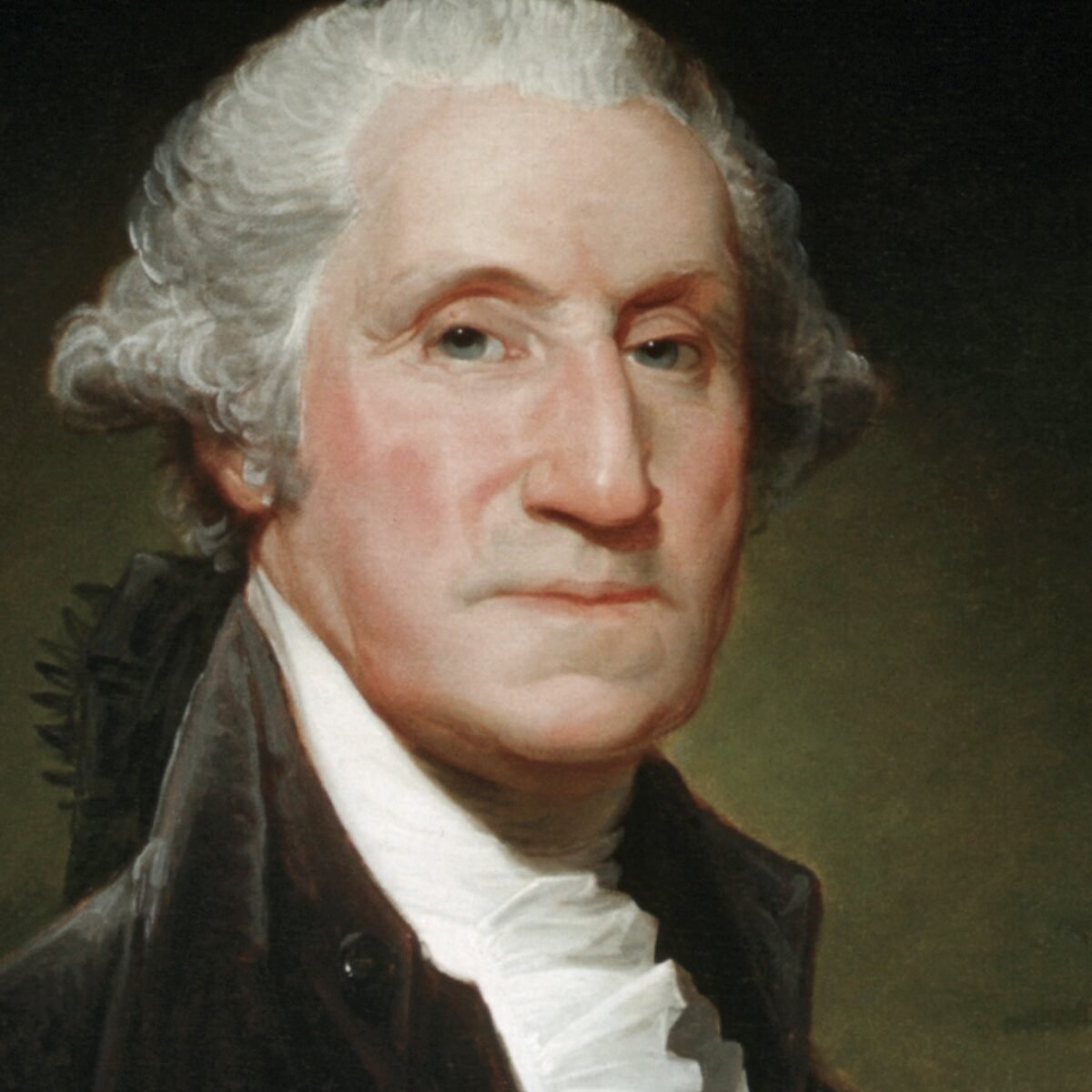Throughout its history, the United States has been shaped by leaders whose decisions and visions have left a permanent mark on the nation. While each president has played a role in shaping the country, some have had an extraordinary impact that continues to influence modern America. This article explores some of the most iconic U.S. presidents and the lasting legacies they have bestowed upon the country.
George Washington (1789–1797): The Precedent Setter
As the first President of the United States, George Washington established many of the foundational practices that shaped the young nation. His leadership set key precedents, including the formation of a cabinet, the establishment of a national bank, and the tradition of a peaceful transfer of power.
Washington’s decision to step down after two terms reinforced the idea of democratic leadership and prevented the emergence of a monarchy-like rule. His Farewell Address warned against political factions and foreign entanglements—advice that remains relevant today. Washington’s legacy is one of strength, integrity, and commitment to democracy, making him a defining figure in American history.
Thomas Jefferson (1801–1809): The Visionary Expander
Thomas Jefferson, the third U.S. president and principal author of the Declaration of Independence, played a crucial role in the expansion of the United States. His most significant achievement, the Louisiana Purchase in 1803, doubled the size of the country and set the stage for westward expansion.
Jefferson was also a strong advocate for individual liberties, education, and limited government. His vision of an agrarian republic laid the groundwork for American democracy. The principles he championed, such as religious freedom and free speech, remain core values of the nation.
Abraham Lincoln (1861–1865): The Emancipator
Abraham Lincoln’s presidency came at a time of great turmoil, as the nation was divided over the issue of slavery. His leadership during the Civil War preserved the Union and ultimately led to the abolition of slavery through the Emancipation Proclamation in 1863.
Lincoln’s ability to unite the country through his powerful speeches and unwavering determination made him one of the most respected leaders in U.S. history. The Gettysburg Address, which emphasized democracy and human equality, continues to inspire people around the world. His assassination in 1865 cut short his efforts to heal the divided nation, but his legacy of unity and freedom lives on.
Theodore Roosevelt (1901–1909): The Progressive Reformer
Theodore Roosevelt, the youngest president in U.S. history at age 42, was a dynamic leader who implemented major progressive reforms. He was known for his “trust-busting” policies, which sought to regulate large corporations and break up monopolies to ensure fair competition in the economy.
Roosevelt was also a strong advocate for conservation. He established national parks, forests, and wildlife refuges, laying the foundation for the modern environmental movement. His foreign policy, embodied in the phrase “speak softly and carry a big stick,” helped establish the United States as a global power.
Franklin D. Roosevelt (1933–1945): The New Deal Architect
Serving an unprecedented four terms, Franklin D. Roosevelt (FDR) led the country through both the Great Depression and World War II. His New Deal programs introduced Social Security, banking reforms, and job creation initiatives that provided relief to millions of struggling Americans.
FDR’s leadership during World War II helped shape the modern world order. He played a crucial role in establishing the United Nations and forging strong alliances. His ability to connect with the American people through his “Fireside Chats” demonstrated the power of effective communication in leadership. Roosevelt’s policies and vision for a strong federal government continue to influence economic and social policies today.
John F. Kennedy (1961–1963): The Inspirational Leader
Despite serving for only three years, John F. Kennedy left a lasting impact on the nation. His administration was defined by the Cuban Missile Crisis, which brought the world to the brink of nuclear war. Through careful diplomacy, he successfully negotiated with the Soviet Union to prevent conflict.
Kennedy also set the ambitious goal of landing a man on the moon, leading to the Apollo program’s success in 1969. His advocacy for civil rights paved the way for landmark legislation. Tragically, his assassination in 1963 cut his presidency short, but his message of hope, courage, and innovation still resonates today.
Ronald Reagan (1981–1989): The Great Communicator
Ronald Reagan’s presidency is remembered for its strong economic policies and firm stance against communism. His economic plan, known as “Reaganomics,” emphasized tax cuts, deregulation, and reduced government spending, which contributed to economic growth in the 1980s.
On the world stage, Reagan’s leadership played a key role in ending the Cold War. His famous plea, “Mr. Gorbachev, tear down this wall!” symbolized the United States’ commitment to freedom and democracy. His optimistic vision and communication skills earned him the title of “The Great Communicator.”
Barack Obama (2009–2017): The Trailblazer
Barack Obama made history as the first African American president, inspiring millions with his message of hope and change. His administration focused on healthcare reform, culminating in the Affordable Care Act (Obamacare), which expanded healthcare access for millions of Americans.
Obama also played a crucial role in economic recovery following the Great Recession and ordered the military operation that led to the death of Osama bin Laden. His emphasis on inclusivity, climate action, and global diplomacy helped redefine America’s role in the modern world.
Conclusion
The legacies of these presidents continue to shape the United States, influencing policies, values, and the nation’s global role. From Washington’s democratic principles to Roosevelt’s environmental efforts and Obama’s push for healthcare reform, each leader contributed to the evolution of the country.
As history continues to unfold, new leaders will emerge, but the lasting impact of these iconic presidents will forever remain embedded in the fabric of the United States.
More Updates : USA Glory.




